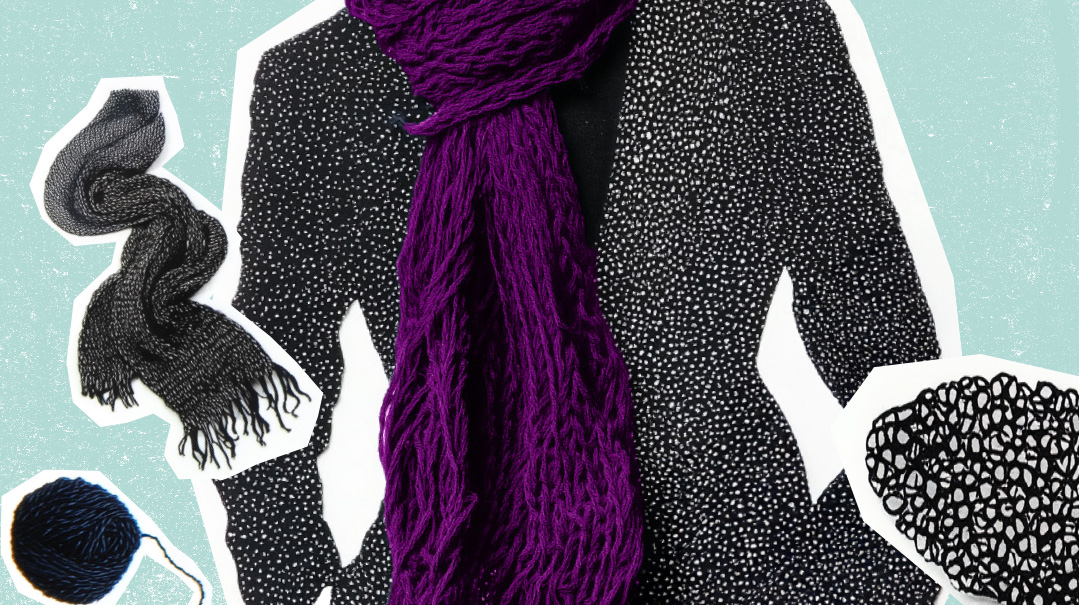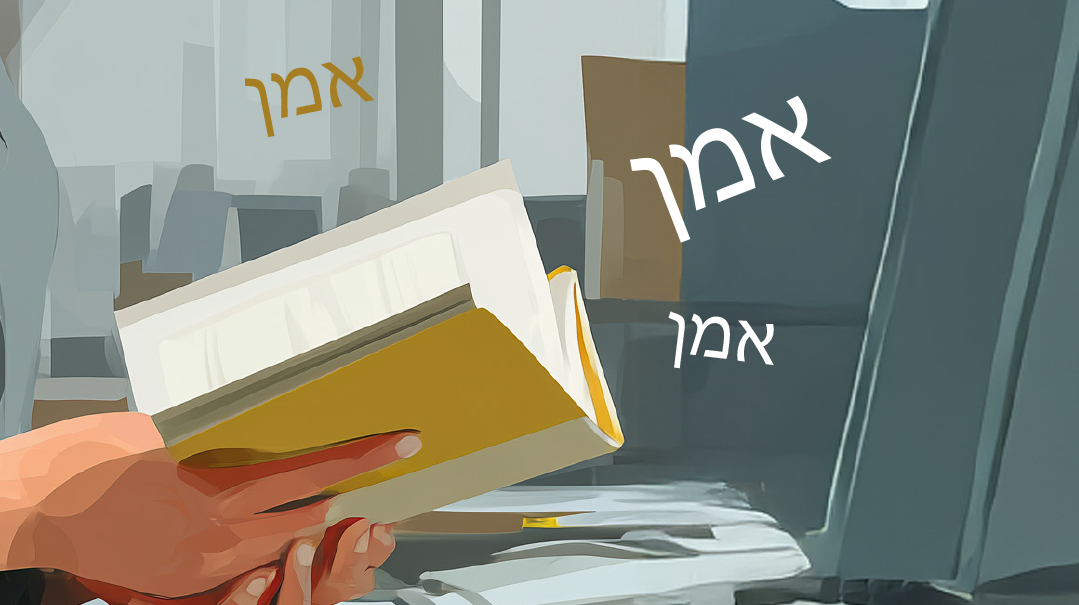What’s New?

New things? Enjoy the brachah of shehecheyanu

I recently bought a fresh pineapple — something that’s hard to get in our city. My family hasn’t had fresh pineapple in over a year. Do I make the brachah of shehecheyanu over it?
It depends on why you haven’t had fresh pineapple in over a year. If the reason for your abstention is because there was absolutely no fresh pineapple to be had in your city not even in specialty stores which carry all types of fruit year-round then you may recite a shehecheyanu over the pineapple. If however fresh pineapple was available in your city but you just did not have an opportunity to have any then you don’t recite shehecheyanu when eating it for the first time even if you haven’t eaten fresh pineapple in many years.
Does this mean that if I live in a city with an expensive specialty store that carries all fruit at all times I never make shehecheyanu on fruit even at the clear start of the season (e.g. peaches in May)?
In response to this question Rav Elyashiv ztz”l answered that even if the particular fruit is only minimally available and at an expensive price nevertheless it is not considered a new fruit.
If there was no fresh pineapple in my city at all but I did eat canned pineapple throughout the last year may I still recite shehecheyanu over the fresh pineapple?
Even though fresh pineapple and canned pineapple are the same fruit they taste completely different. If indeed you are happy with the arrival of the fresh pineapple you may recite shehecheyanu over the fresh pineapple when eating it for the first time.
Do we only make a shehecheyanu on fruit whose brachah is haeitz? What about a fruit whose brachah is ha’adamah (e.g. watermelon)? And what about an interesting vegetable that just came into season?
Shehecheyanu is recited over both haeitz and ha’adamah fruits and vegetables. But again only on those fruits or vegetables that have not been available in your city at all.
I know you’re supposed to make a shehecheyanu on new clothing if it’s a significant purchase. But I change my wardrobe so frequently and don’t spend that much money even on Shabbos clothing. How do I gauge when to say shehecheyanu on new clothing?
Shehecheyanu over new clothing is recited if the acquisition (or gift) is a significant item such as a suit hat sheitel or coat and it makes you especially happy that you are now the owner of this garment. If the item is insignificant such as a tie or a shirt or even if it is significant but the purchase does not give you special pleasure shehecheyanu is not recited.
If I make a shehecheyanu when lighting candles for Yom Tov may I still answer “Amen” on my husband’s shehecheyanu during Kiddush?
While there are different opinions and customs concerning this question in the US the general custom follows the ruling of Rav Moshe Feinstein and Rav Yaakov Kamenetsky that a wife may answer “Amen” to her husband’s shehecheyanu even if she recited shehecheyanu at candle-lighting.
My daughter’s birth was complicated. By the time she was born my husband was so drained he forgot to make the shehecheyanu on her birth in the delivery room as he usually does. How much later can we make the brachah?
Shehecheyanu over the birth of a daughter recited by both the father and mother is recited only upon seeing the newborn for the first time. Note that reciting shehecheyanu over the birth of a girl is optional; it is a custom that is practiced by some and not by others.
We are about to buy a new couch. It is an expensive purchase and I hope we’ll enjoy it for many years. A friend told me her husband made a shehecheyanu when they got a new fridge. Are we supposed to make a shehecheyanu on large appliances and pieces of furniture? How large an appliance/item does it have to be?
Whether or not shehecheyanu is made when buying major appliances expensive household furniture or jewelry is debated by the poskim. Some recommend it others discourage it while yet others allow each person to make his own decision. There is no clear consensus. Practically speaking if the appliance or furniture brings you joy and you wish to express your appreciation to Hashem you may do so but it is not mandatory.
Either way it’s important to clarify that shehecheyanu is only recited over an item that you alone will benefit from such as a private car or a piece of jewelry. For any item that you are planning to enjoy together with others such as a couch that the whole family will use or the family car the blessing of hatov v’hameitiv is recited instead.
(Originally featured in Family First, Issue 529)
Oops! We could not locate your form.











